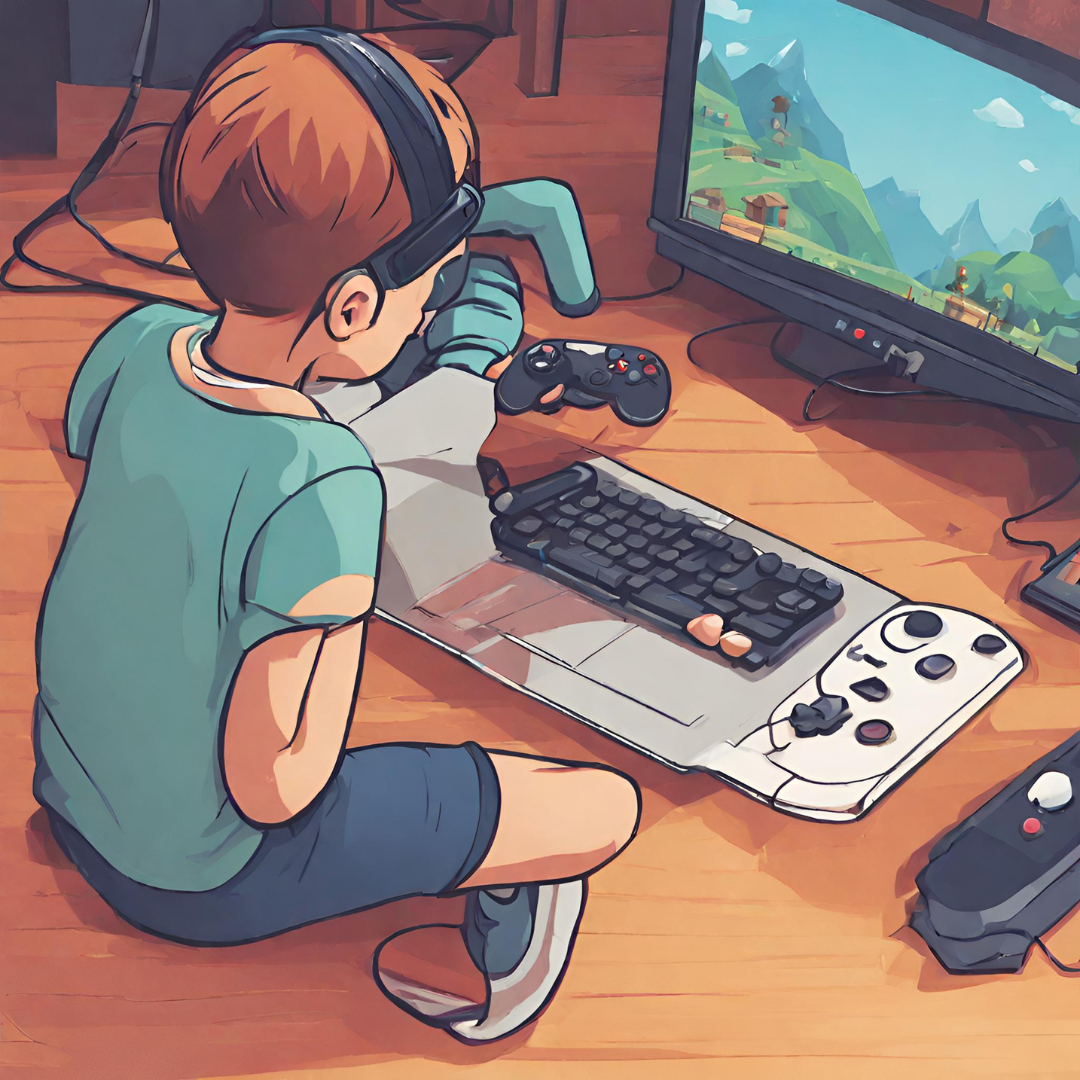Learning Management Systems (LMS) have made progress in improving education by providing an accessible platform for learning. However, simply transferring teaching methods to an environment can sometimes disengage learners. That’s where gamification comes into play, offering a solution that utilizes game-based elements to create an enriched learning experience. Gamification transforms the LMS learning journey into a motivating adventure by integrating features like points, badges, leaderboards, and rewards. Let’s delve into how gamification can revolutionize the way we learn within an LMS environment.
1. Fostering a Sense of Accomplishment
Fostering a sense of accomplishment is crucial in the gamification of LMS learning experiences. Platforms like Lessonly software excel in this aspect. Such platforms seamlessly integrate game-like elements to create engaging environments. This not only enhances learner engagement but also promotes a more profound sense of achievement as learners progress through their educational journey.
A key aspect of gamification is its ability to instill a sense of accomplishment. By completing tasks, earning points, and unlocking badges, learners experience a feeling of achievement that motivates them to continue their journey. This sense of accomplishment serves as reinforcement, inspiring learners to take on challenges and push themselves further.
2. Boosting Motivation
Traditional learning methods sometimes need more motivation for learners to engage with the content actively. Gamification addresses this issue by incorporating elements that enhance motivation. Leaderboards, for instance, play a role in promoting competition among learners. They motivate individuals to strive for the position and improve their performance. Additionally, rewards like unlocking content or avatars are incentives that keep learners engaged and enthusiastic about their progress.
3. Encouraging Active Learning
In the context of gamification of LMS learning experiences, fostering active learning is paramount. By seamlessly integrating interactive elements such as challenges, quizzes, and simulations, educators stimulate learners to engage with course materials actively. This hands-on approach goes beyond passive consumption of content, encouraging students to apply their knowledge in practical scenarios. Active learning not only enhances comprehension but also boosts critical thinking and problem-solving skills. Learners become more motivated and involved, leading to a deeper sense of accomplishment as they progress through the gamified curriculum. In essence, gamification promotes a dynamic, engaging, and effective educational experience by making active learning a central component of the process.
4. Personalized Learning Paths
Gamification provides a flexible and personalized learning experience. Using branching scenarios and adaptive learning algorithms, learners can navigate their paths based on their strengths, weaknesses, and learning preferences. This personalized approach ensures that learners receive content on their own time, enabling them to progress at their own pace while focusing on areas that require improvement.
5. Collaboration and Social Learning
Gamification can also encourage collaboration and social learning within an LMS environment. By incorporating multiplayer modes, team-based challenges, and discussion forums, learners can collaborate with peers to share ideas and learn from one another.
Not only does gamification enhance the learning experience, but it also fosters teamwork, communication, and problem-solving skills, which are highly valuable in today’s interconnected world.
6. Immediate Progress Tracking
In learning settings, learners often have to wait for assessments or exams to receive feedback on their performance. However, with gamification, learners receive feedback on their progress, performance, and areas for improvement in time. This immediate feedback enables learners to identify their strengths and weaknesses and adjust their learning strategies. Additionally, progress tracking features represent their accomplishments, allowing them to see how far they’ve come and stay motivated to continue their learning journey.
Conclusion
Gamification has revolutionized the learning experience within Learning Management Systems (LMS) by making it engaging, motivating, and personalized. It incorporates elements such as achievement recognition, motivation factors, active participation in learning activities, personalized pathways for each learner’s needs, and fostering collaboration among peers. Real-time feedback mechanisms and gamification create an environment that promotes learning and personal growth. As technology continues to advance and evolve, it is clear that gamification will play a role in shaping the future of education by transforming how we learn. So, let us embrace gamification wholeheartedly as we embark on a transformative journey towards educational excellence.
